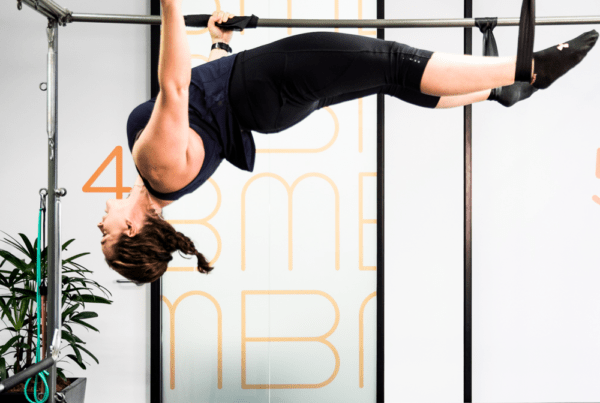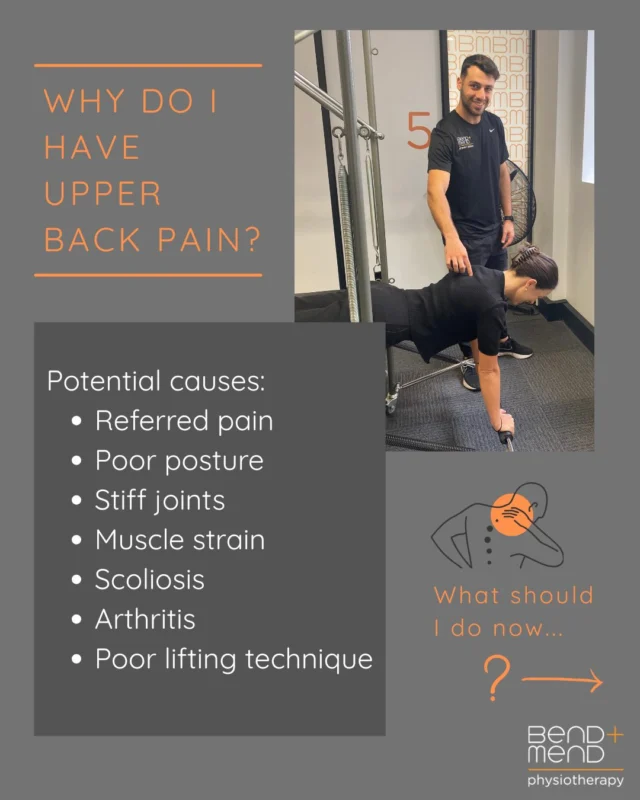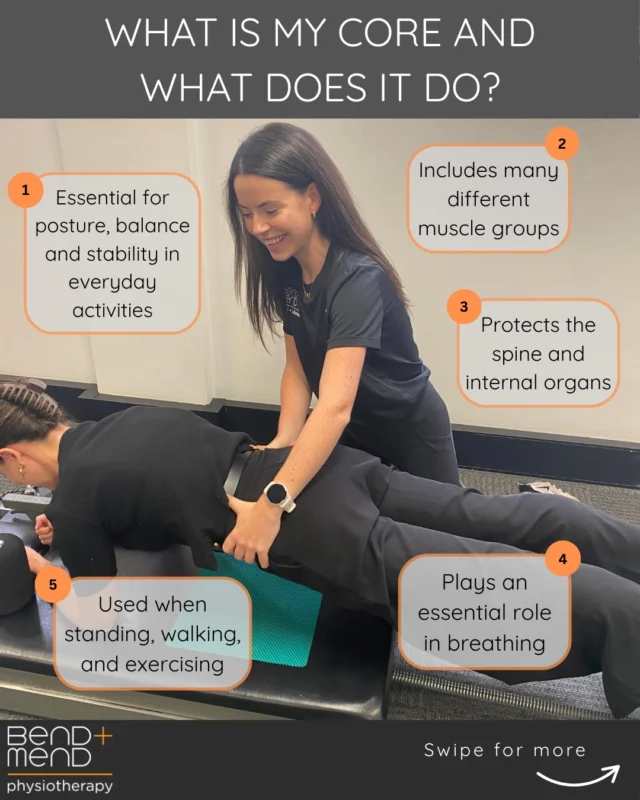Pelvic pain in women is a common problem that presents as a significant challenge to the health care system and the many people who experience it. Often the source of pain is unclear, and individuals have varied response to treatment. Pelvic pain can be complex leading to those suffering feeling lost without answers or a clear pathway to recovery.
The prevalence of pelvic pain varies from 4% to 43% of women, which demonstrates the huge variability of occurrence. This inconsistency can be attributed to stigma around pelvic pain and unclear definitions of pain and what causes it. Therefore, many will live in silence with constant discomfort that impacts relationships, reproduction, and day to day life.
Women experiencing pelvic pain report discomfort with activities such as urination, passing a bowel movement, painful periods, pain with intercourse, pain with exercise, and other day to day activities. The cause of pelvic pain can vary, and no one will experience pain the same way. Individuals can have the same diagnosis but different contributing factors and therefore treatment needs to be individualised. Some common causes of pelvic pain include endometriosis, irritable bowel syndrome, pelvic organ prolapse, vulvodynia, vaginismus, and interstitial cystitis.
Women’s Health Physiotherapy plays a significant role in the multi-disciplinary approach to managing pelvic pain. Your Women’s Health Physio will take a thorough assessment to understand your pelvic history to build an understanding of your pelvic function and contributing factors as well as understand how it is influencing day to day activities. From this discussion about your pain history we can use our objective assessment to understand the physical and neurological factors that may also be influencing to your pelvic pain.
Here at Bend + Mend our Women’s Health Physio, Meredith develops a personalised approach to treat your pelvic pain and improve your total quality of life. Pelvic pain management can vary between individual’s, but treatment can include graded imagery, education, desensitization tactics, manual therapy, neural sensitization and reducing sensitivity. Treatment progresses over time according your own personal needs and goals so you are able to resume normal activities and live your life without pelvic pain.





